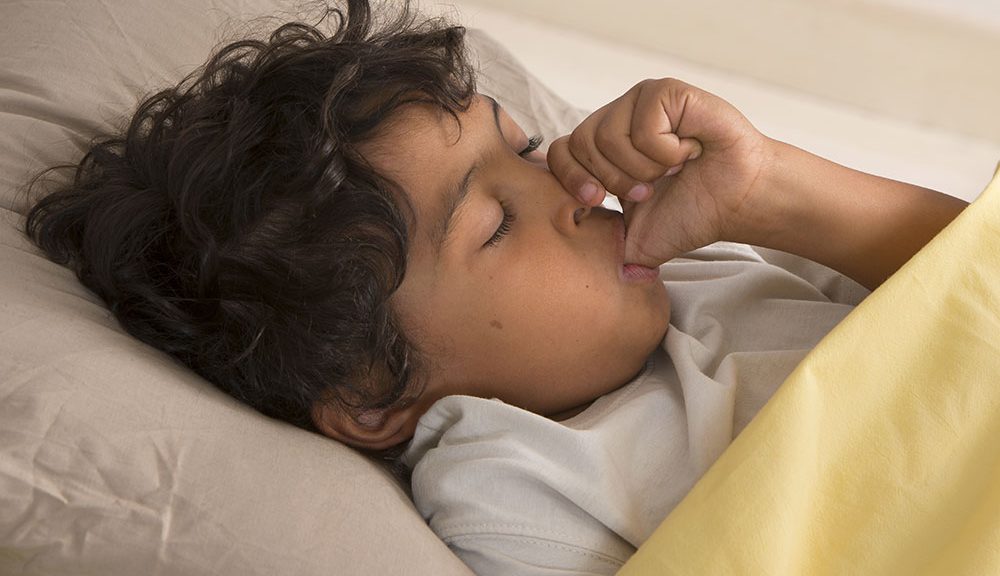
Children go through phases where they feel safe and comfortable while doing certain habits, such as sucking on their thumb or a pacifier.
During the early years and usually lasting up until about four years old, it’s completely normal for a child to want to suck on or chew stuff.
However, fast forwards to the age of five. At this time, thumb sucking or other habits involving the mouth can alter the growth of the jaws and cause misalignments and bite issues.
The issues caused will require orthodontic help to fix, and it will be costly.
At iSmile Orthodontics, we recommended helping your child overcome their unhealthy dental habits, before it impacts their oral health.
Children who continue to actively sucking on their thumb past four are at higher risk of developing long-lasting misalignments of the teeth and impacts to jaw growth.
Active thumb sucking places repetitive pressure on the teeth, roof of the mouth jaw, which in effect alters how they grow.
If you want to help avoid the risk of these orthodontic or speech issues, it’s important to help your child to stop this unhealthy habit as they begin reaching the age of four.
Most children will naturally stop sucking their thumb between the ages of two to four years old.
It’s important to give your child the chance to naturally stop, however if they appear to continue the habit heading towards four or after four, you will need to intervene.
Great options to help your child stop, include:
If it appears your child has stopped sucking on their thumb, please do not assume it is gone as children can easily drift back into habits. Make sure you continue your at-home treatments to deter thumb sucking even long after it’s gone.
If you cannot seem to stop your child from sucking on their thumb, then it’s important to see a professional.
By visiting an orthodontist, dentist or another child health professional, you will be provided with great tips and ideas to help stop your child from their bad habits.
At iSmile Orthodontics in Melbourne our experienced team love helping young smiles grow up into healthy adult smiles. We believe child dental health is important and everything should be done to prevent orthodontic issues from occurring.
If you would like to find out more information on orthodontic issues and treatment, or would like to book in for an appointment, then kindly click here.
(03) 9466 8484
Level 1, Suite 5, 93-97 Plenty Road, Bundoora VIC 3083
(03) 9466 8484
58 Mernda Village Drive, Mernda, VIC 3754
(03) 9307 9370
92 Inglewood Drive, Burnside Heights, VIC 3023